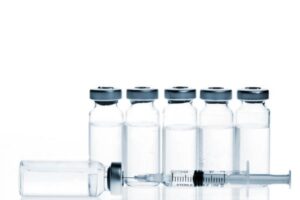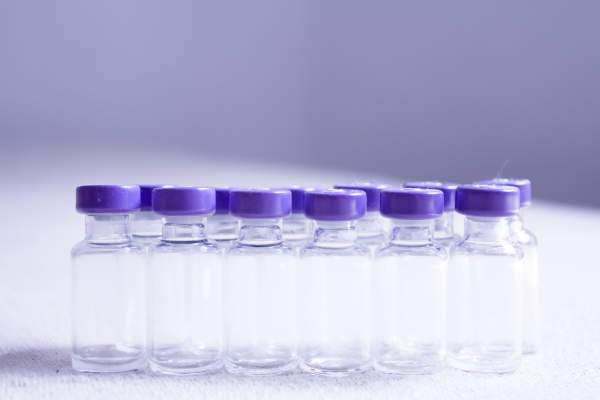
Maximising Results with GHRP-6 and Ipamorelin Peptide Stacking
Peptide stacking is a sophisticated method that involves the deliberate selection and combination of specific peptides to enhance their individual effects, leading to superior results

Peptide therapy includes many different drugs with diverse effects that range from tissue repair and immune modulation to muscle building and fat loss.
Thymosin Alpha-1 (T a 1)
This peptide comprised of 28 amino acids and known produced by the thyroid glands. The thymus situated behind the sternum and located between the lungs. This is actually where the immune cells or the T-cells mature and released triggered to do so by the T-one peptide.
The Thymosin Alpha-1 has profound effects on the immune system. This is also the active ingredient found in Zadaxin, used to treat Hepatitis C and B. This was also recognized for its ability to boost and support the immune system, which has suppressed by the chemotherapy in cancer patients.
Thymosin Beta 4
Also called TB4 and viewed as the predominant thymosin form in the body. Thymosin Beta 4 found in higher concentrations in blood cells and wound tissue involved in common clotting, emphasizing its imperative role healing. Recent studies revealed that the very first gene to regulated after an injury is the TB4 gene. As the human body begins the process of recovery, the Thymosin Beta 4 assists in the creation of the newest vessels in the injured spot.
Growth Hormone Secretagogues or GTS
CJC 1295
This specific peptide delivers therapeutic benefits like those of the hGH. CJC 1295 pertains to Growth Hormone, Releasing Hormone or GHRH analog. As such, it is a particle that fills indistinguishable purpose as GHRH. The hormone which invigorates the anterior pituitary to discharge hGH. But unlike the GHRH, which has a half-life of just minutes after administration of IV. CJC 1295 can act in the human body for a more extended period. Because of its capacity to bind into protein in the blood. Known as the albumin and prevent degradation by some enzymes.
GHRP 2
GHRP 6
Hexarelin
Ipamorelin
AOD 9064
Melanotan II
This is the analogue of an alpha-melanocyte-stimulating hormone, the hormone in charge of hair and skin pigmentation. This peptide does not increase skin pigmentation, bringing about a significant tanner skin ton but also increases libido and stimulates effective fat loss. The aphrodisiac effects of Melanotan II were large to the point that it has become the basis of development of another peptide structured to address sexual and erectile dysfunction-Bremelanotide PT-141.
Bremelanotide PT-141
Follistatin 344 and 315
MGF
[1] https://www.ncbi.nlm.nih.gov/ pmc/articles/PMC6566176/
[2] https://www.sciencedirect.com/ science/article/pii/S135964461 4003997
[3] https://ascpt.onlinelibrary.wiley .com/doi/10.1002/cpt.2847

Peptide stacking is a sophisticated method that involves the deliberate selection and combination of specific peptides to enhance their individual effects, leading to superior results

Maximizing Healing and Rejuvenation: Exploring the Benefits of TB500 and GHK-Cu Peptides Combined In the rapidly changing field of biomedical research, peptides have become key

Worldwideshipping

Visa/Mastercard/Zelle
Cryptocurrency /Transfers

Safe and Secure Shopping

We Distribute
From

YOU MUST BE OVER 21 YEARS IN ORDER TO USE THIS WEBSITE. All of the products are to be handled only by properly trained and qualified LABORATORY or RESEARCH professionals.